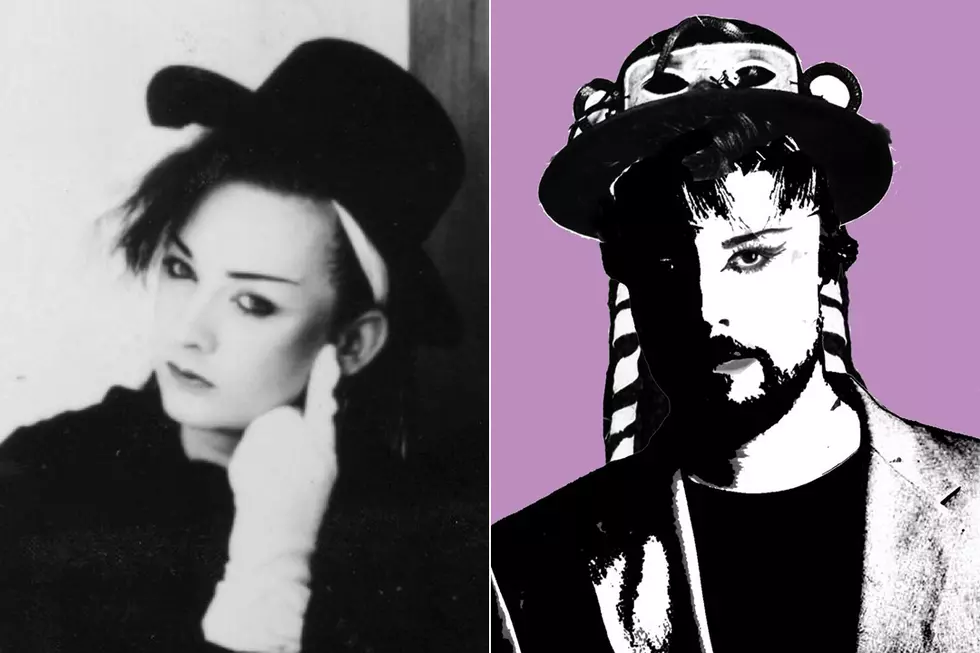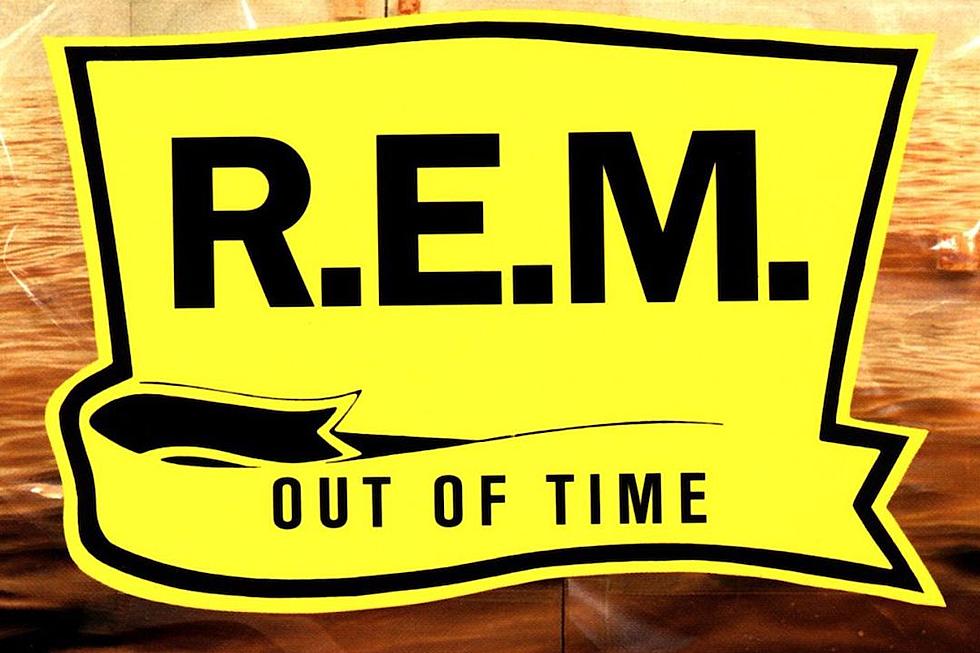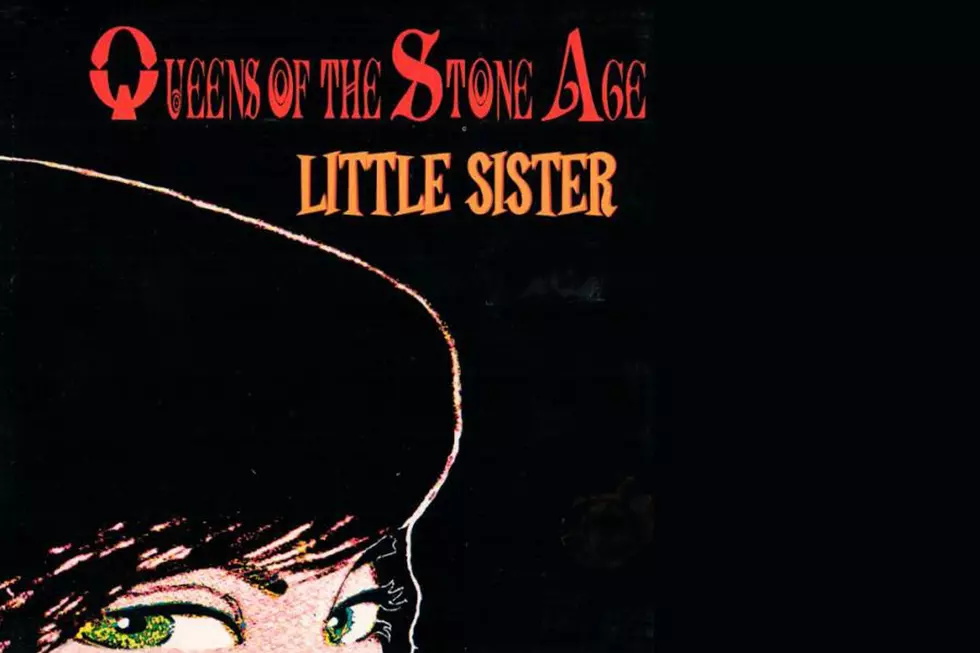35 Years Ago: How Culture Club First Turned Heads With ‘Kissing to Be Clever’
George O'Dowd was, and is, a very soulful singer. His tone, his phrasing and delivery were all born out of classic soul of the '60s and '70s. As good as he was, the voice alone would likely never have caught people's attention. George O'Dowd was never to become a household name, but Boy George certainly was.
While making the rounds at London's dance clubs at the dawn of the decade, he fashioned a unique look for himself, and O'Dowd became Boy George, a trendy scenester to be rivaled in the then-happening "new romantic" era. This was all well and good, but George had much bigger aspirations than being a club kid. In 1982, he formed Culture Club with bassist Michael Craig, Roy Hay on guitars and keyboards, and
Jon Moss on drums, and by year's end, they would be well on their way to global success.
Culture Club released a couple of singles, “White Boy" and "I'm Afraid Of Me" early in 1982. They both flopped, but their record label wasn't ready to throw in the towel just yet, and issued a third single that autumn. With its pseudo-reggae style and George's sweet soul voice, "Do You Really Want to Hurt Me?" (which you can listen to above) quickly began turning ears, while George's look was turning heads. The band, however, weren't so sure of that song as a single.
"George was really not sure about it," recalled producer Steve Levine in a Top Of The Pops documentary. "It was a really difficult track to release, it's a very unusual flavor, it is a reggae track, but it's not a sort of authentic reggae track, it was our interpretation of reggae." At first, the reviews were anything but positive, with Smash Hits calling it "weak, watered down, fourth division reggae ... awful." The public, however, didn't hear it that way and within days of its release, radio in the U.K. had already started to pick up on it.
At this point, the public at large had no idea who Culture Club were or what they looked like. An appearance on Top Of The Pops changed that, and the single became a hit, eventually landing in the No. 1 spit in the U.K., and later, repeating that success all around the globe. With the single a rousing success, the label opted to release a full-length album. Kissing To Be Clever was issued in October of 1982 in England to generally enthusiastic reviews. The U.S. release would be delayed until December, following the huge success of the single stateside as well.
Kissing To Be Clever is a snapshot of that moment in time, both for the band, and the pop music world in general. The eclectic display of soul, reggae, disco, funk and pop made for a combination unlike the pop world had heard before, and though androgyny was nothing new, the way George presented himself truly was. Songs like "White Boy" and "Take Control" were funky dance floor romps while "You Know I'm Not Crazy" had a calypso flavor to it, as did "I'll Tumble For Ya," which would be another Top 10 hit when issued as a single. Another key track was "Time (Clock of the Heart)," with its vintage meets older soul approach. Though not released on the album, it was a stand-alone single that proved another smash hit and was later added to the album in America.
In the process, Culture Club pulled off a pretty amazing feat, becoming the first U.K. band since the Beatles to have three singles from a debut album make the Top 10 in America. Despite the grand success of the music, for many the look often overtook the sound as the media began a love affair with the band, and George in particular. "People felt there was something really happening," said Culture Club drummer Jon Moss. "I think that was the main thing. People would look and say, 'Blimey, what is this?'"
"It was kind of almost overnight for us," recalled Boy George in a 2015 interview. "You know, one minute we were an unknown band that literally couldn't get signed, but once we got on TV, it was the public, more than anything, that decided they liked us and I think that's always been the case."
Listen to Culture Club's "Time (Clock of the Heart)"
50 Alternative Albums You Need to Own on Vinyl
More From Diffuser.fm









